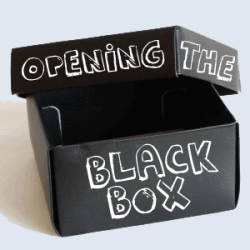 Jennifer McKenna – Biology/Science Teacher
Jennifer McKenna – Biology/Science Teacher
2.1 Learners’ experiences: The extent to which learners are motivated and actively involved in their own learning and development
To ensure that pupils are actively engaging with their work, this method of marking is easy to do and monitor. It also encourages pupils to demonstrate self-awareness as to where there strengths are and what they need to improve on for a particular piece of work or assessment.
The simple code that the pupils need to be familiar with is:
WWW– What Went Well
EBI– Even Better If
IOW– Improve our work (Improvements highlighted in yellow)
I use it towards the end of a topic to highlight the areas for improvement before sitting an end of unit test. However it is also a nice easy plenary where the pupils peer- assess their work from the lesson. I encourage pupils to be aware of Blooms Taxonomy key words such as describe, explain, suggest, so that their improvement is always linked to progress.





